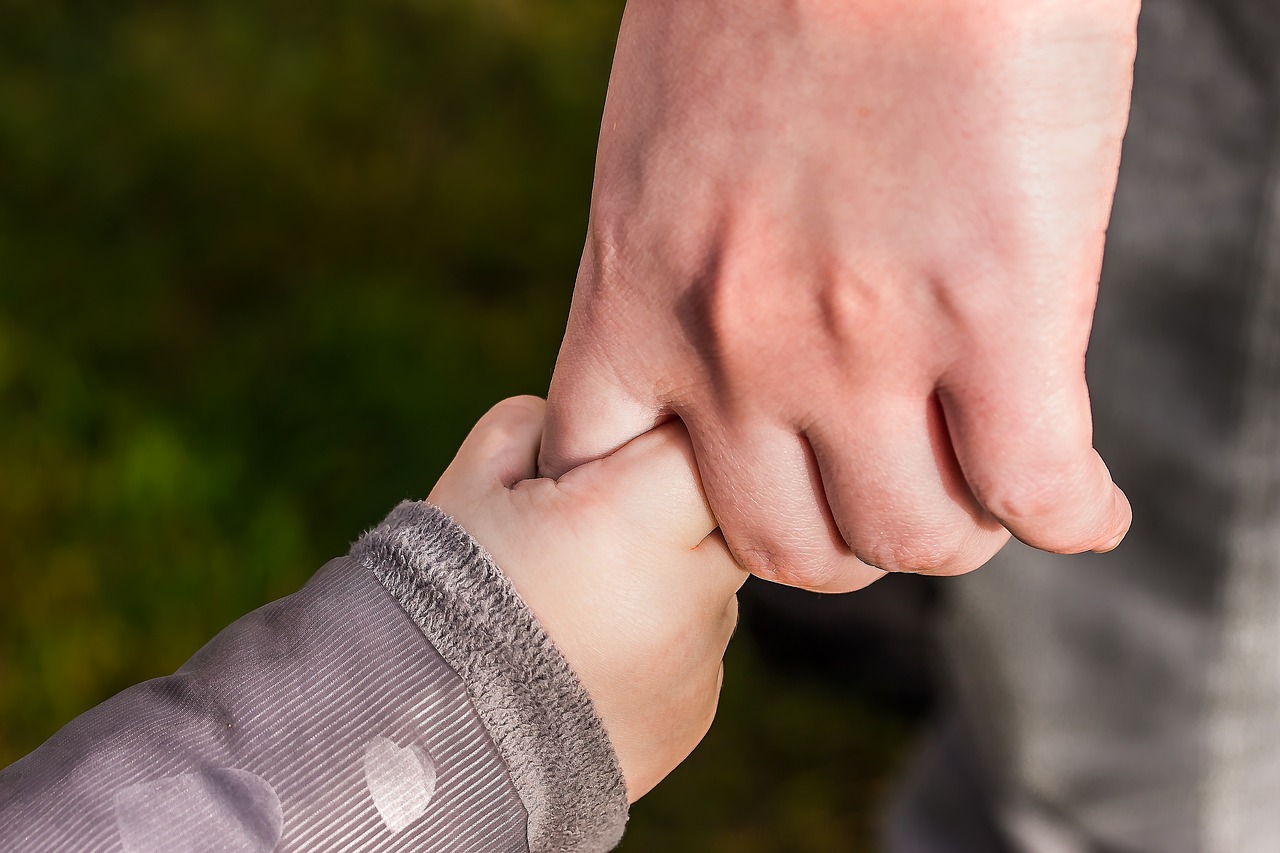Have you ever lost your cool with your child, and then wondered where that reaction even came from? It happens to the best of us. But what if those sudden outbursts are less about your child’s behavior and more about your own hidden emotional baggage?
The truth is, our emotional triggers can have a profound impact on our children. When we react instead of respond, it can create a cycle of negativity and emotional instability within the family. The good news? By understanding and managing your triggers, you can become a calmer, more supportive parent – and raise an emotionally intelligent child in the process.

Unmasking the Trigger Monster: How We Pass It On
Imagine your emotional triggers as a monster lurking in the shadows. It might be a fear of failure that makes you over-critical, or an unresolved childhood experience that triggers anger. These triggers can cause us to react in ways that aren’t helpful for our children.
For example, if a parent was constantly criticized as a child, they might be hyper-sensitive to any perceived mistakes their own child makes. This could lead to harsh words or punishments, which can damage a child’s self-esteem and create feelings of insecurity.

Breaking the Cycle: Tools to Tame the Monster
The first step to raising happy, emotionally healthy children is becoming a more self-aware parent. Here are some powerful tools to help you manage your triggers:
- Mindfulness: Practice being present in the moment. Take a deep breath, count to ten, and allow yourself to calm down before reacting.
- Self-Care: Prioritize activities that bring you joy and relaxation. A rested, balanced parent is better equipped to handle challenging situations.
- Therapy: Talking to a therapist can help you identify the root of your triggers and develop healthy coping mechanisms.
- Setting Boundaries: Learn to say no and communicate your needs clearly.
- Modeling Emotional Intelligence: Show your child how to manage their emotions by openly expressing your own feelings and using “I” statements.

The Ripple Effect: Raising an Emotionally Intelligent Child
By managing your triggers and modeling emotional intelligence, you’re not just creating a calmer home environment, you’re shaping your child’s future. As they see you navigate your emotions in a healthy way, they learn valuable lessons about self-awareness, emotional regulation, and healthy communication.
Remember, your child will never forget how you made them feel. By prioritizing your own emotional well-being, you’re giving them the gift of a safe and supportive environment where they can thrive.




